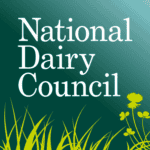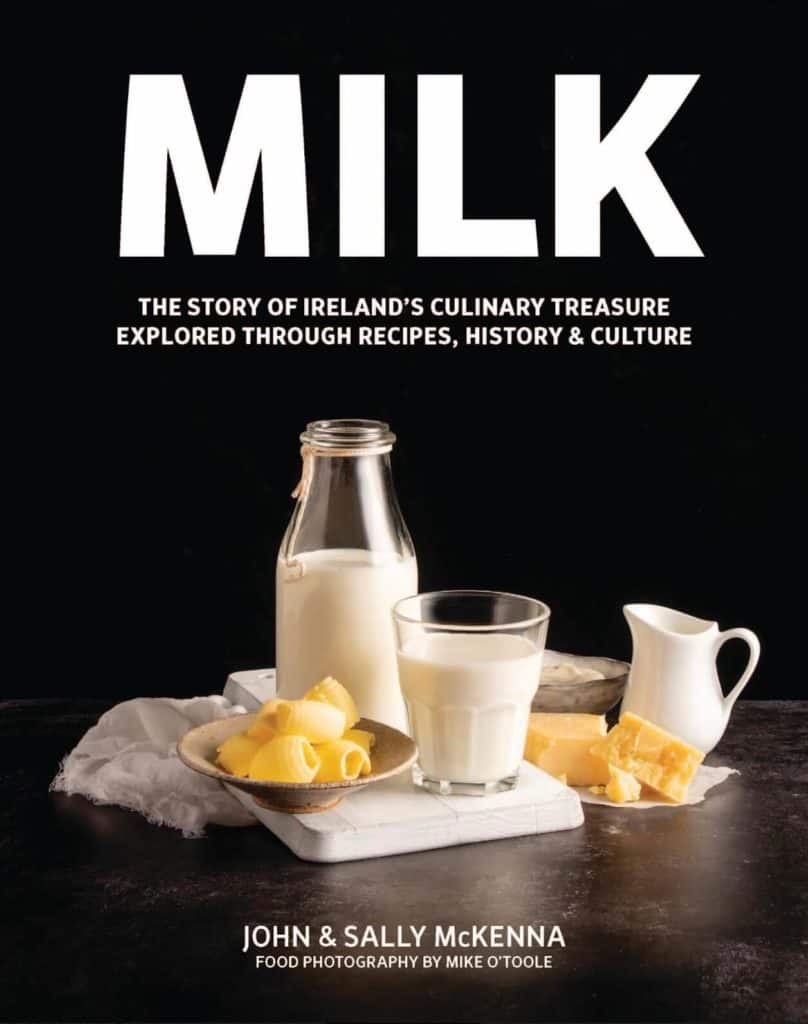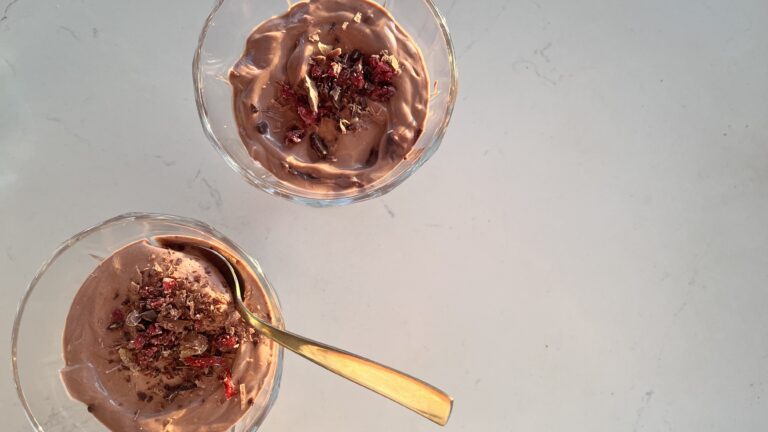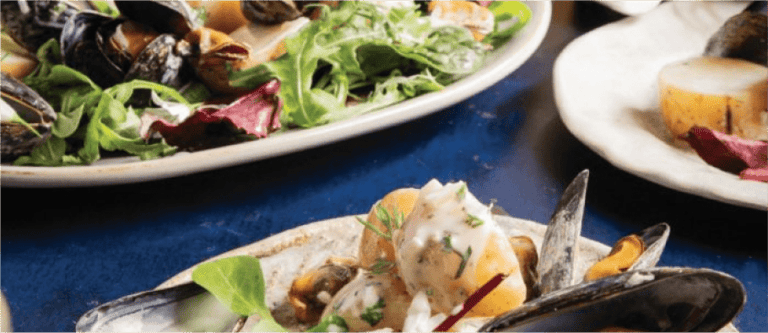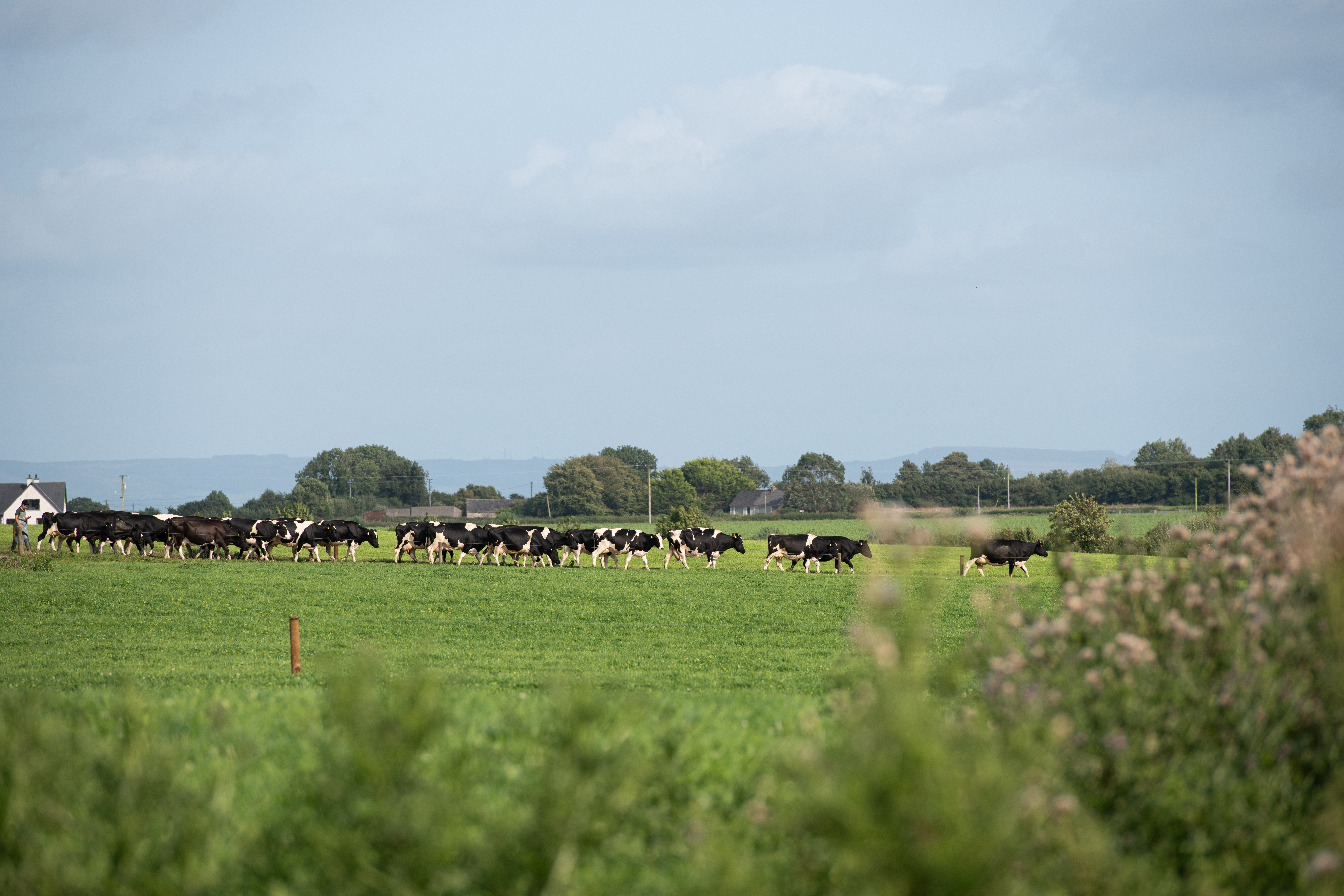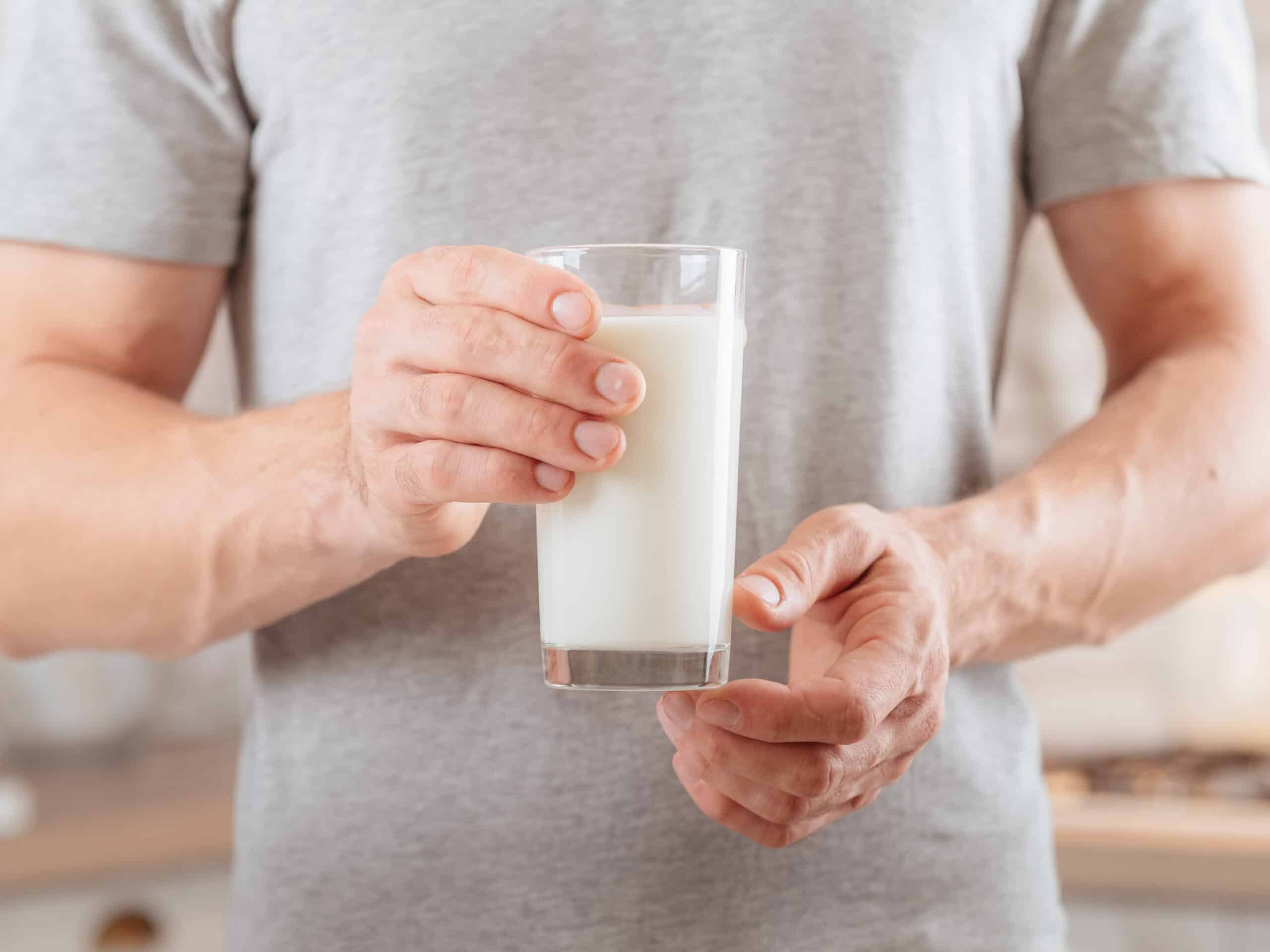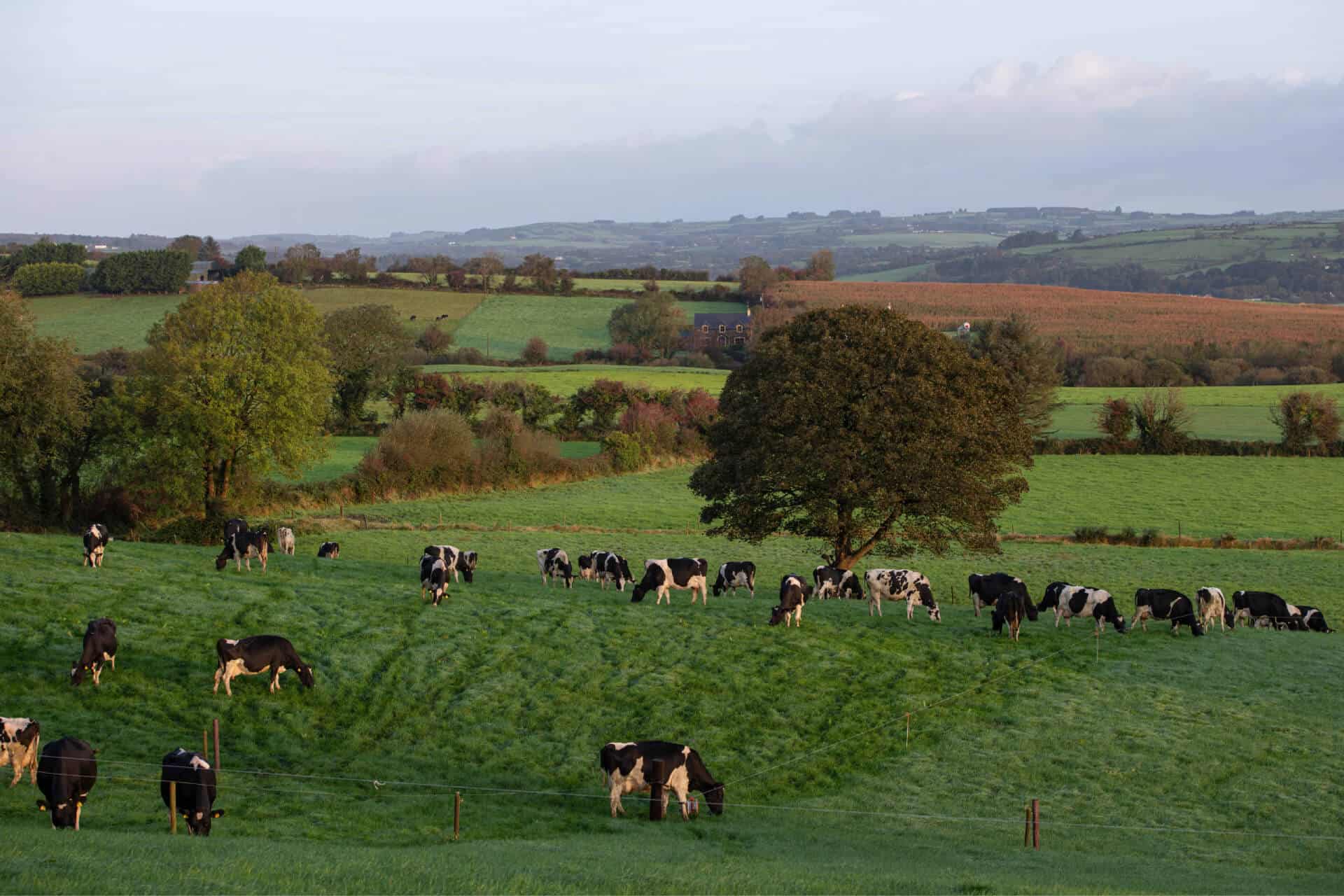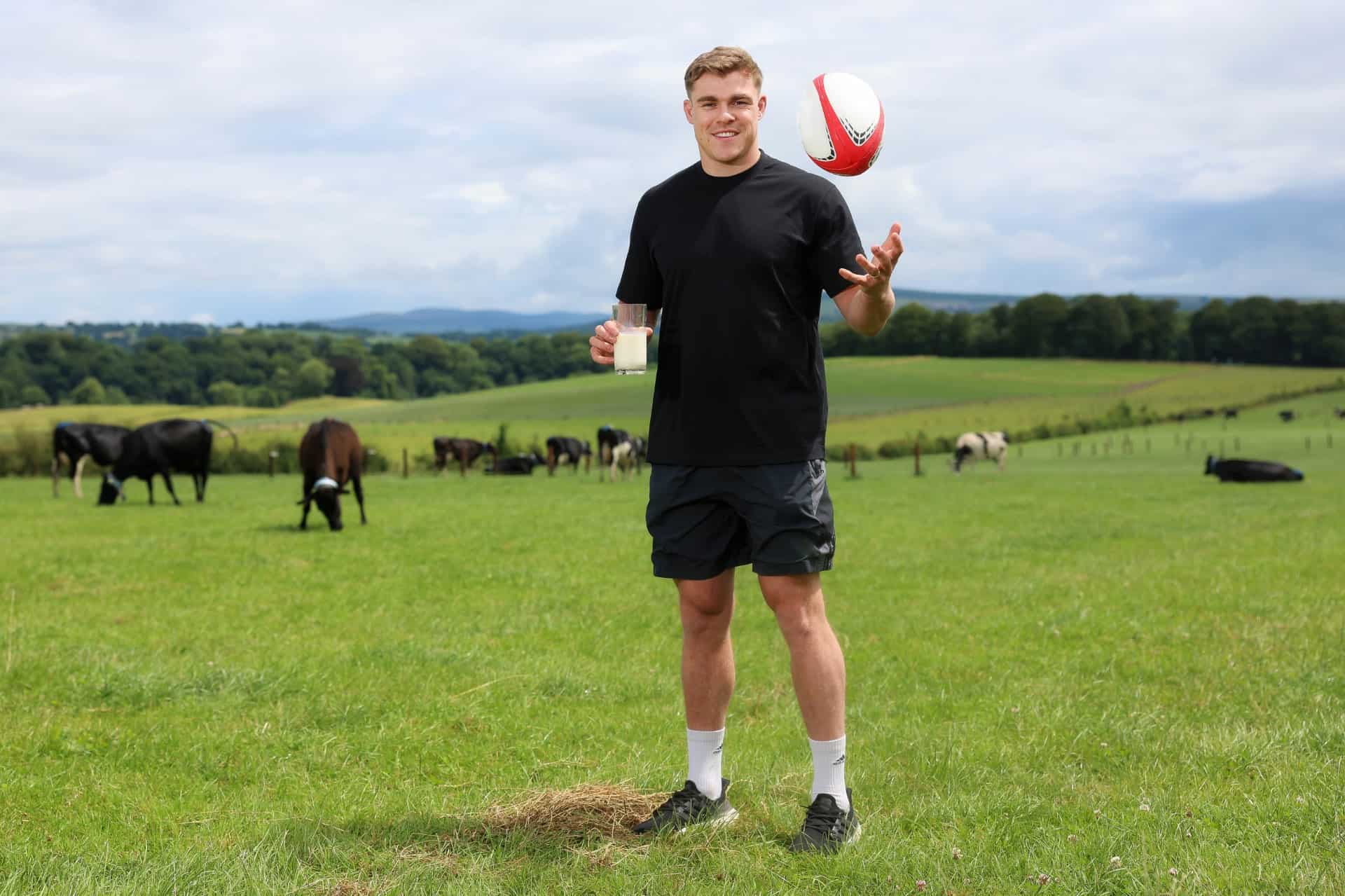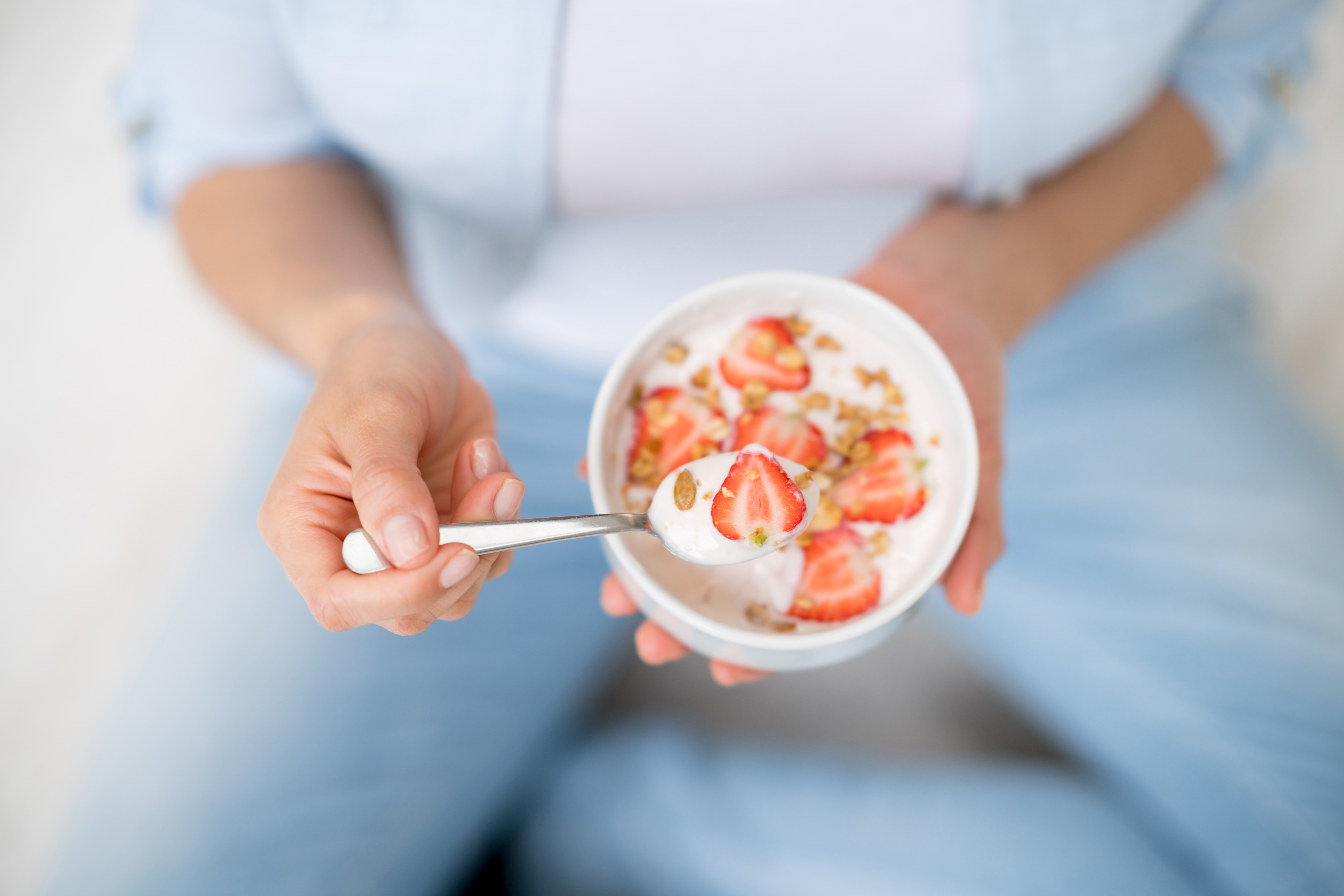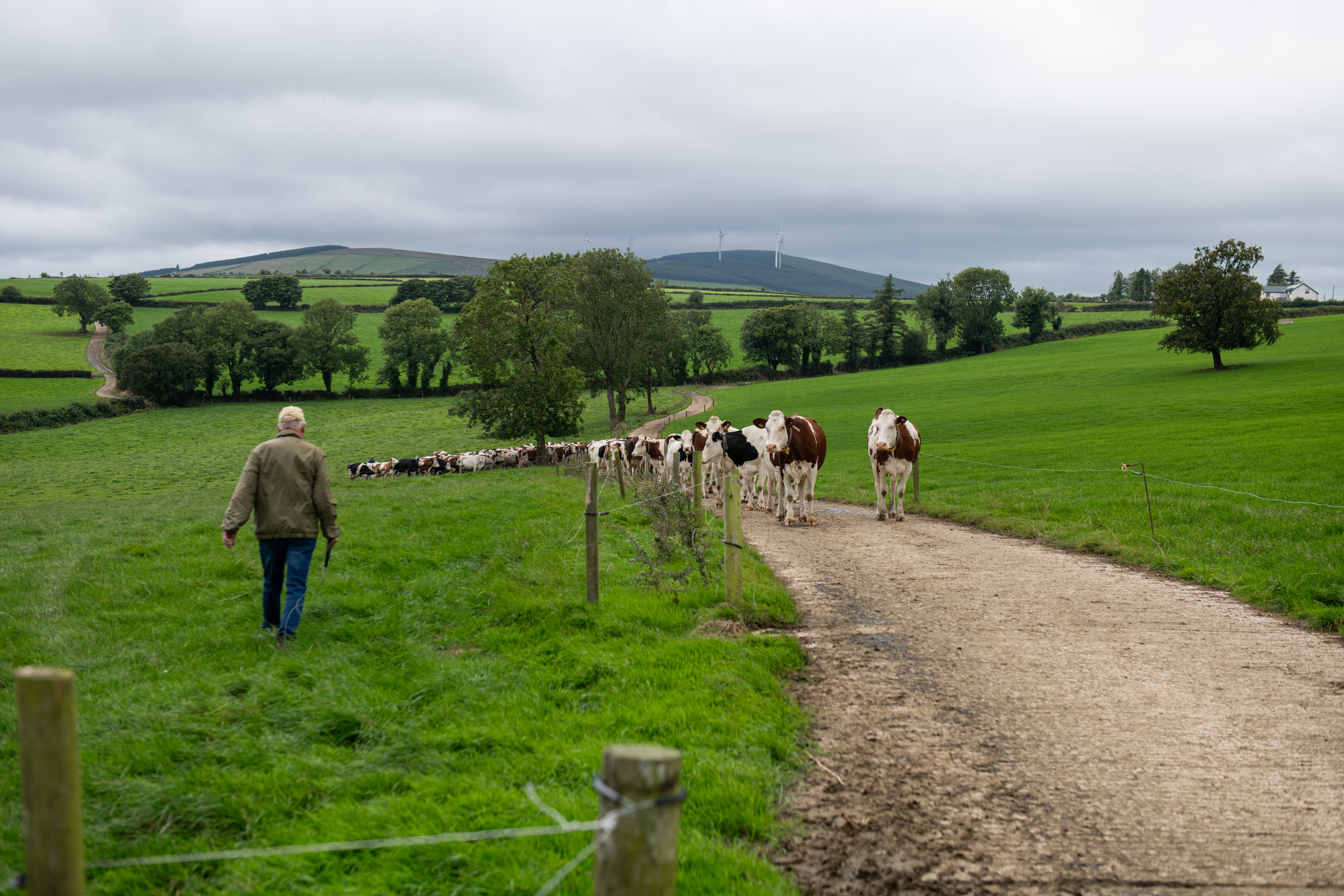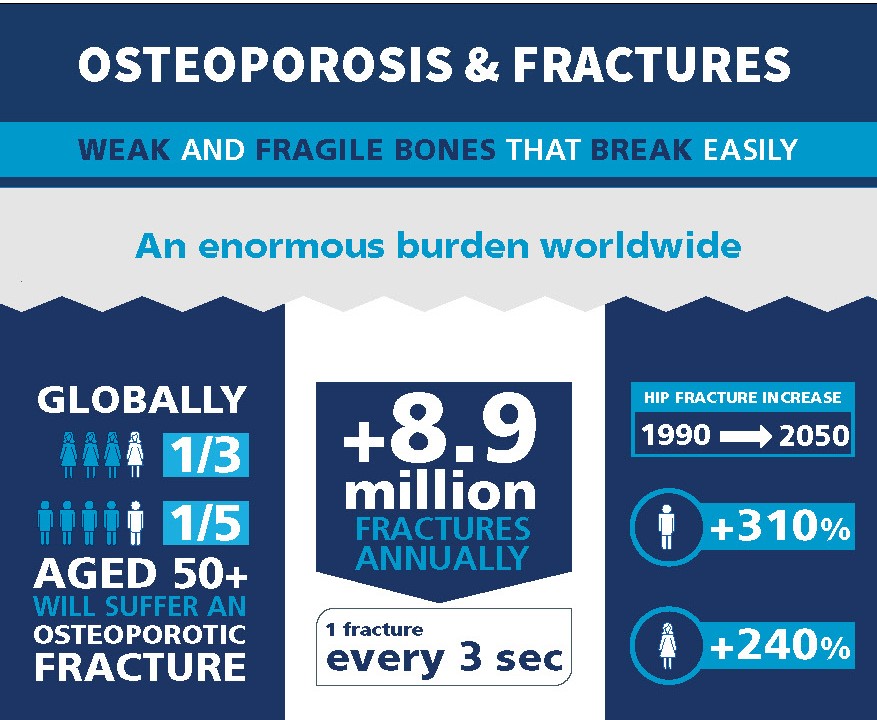As schoolchildren all over Ireland prepare to go back to School in a few weeks’ time, our thoughts turn to feeding kids during the long school day. The Government’s hot school meals programme, which aims to provide a free hot lunch to all primary schoolchildren by 2030, was rolled out to 1,400 schools in a pilot project earlier this year and will be provided to nearly 2,200 schools from this September.
The programme is administered by the Department of Social Protection, which budgets €3.20 for each meal, and the procurement process is managed by the participating schools. There is no milk or water provided as there was previously when children were provided with a cold school lunch.
Mother of four and Dietitian with the Irish Nutrition and Dietetic Institute, Louise Reynolds says,
“It is great to see that so many parents are supportive of the Hot School Meals initiative. It will certainly help to ensure that every child will have a school lunch regardless of means and will support learning and education. Being well hydrated is also important for children during the school day, with milk and water being the recommended drinks for school children by the Department of Health.
Milk is a simple, affordable and nutritious addition to a healthy school lunch and provides one of the 3 recommended servings a day of dairy for this age group. The scheme could be enhanced even further by the addition of an optional small serving of cold milk or water as part of the scheme”.
NDC commissioned research (1) in July speaking to 1000 Irish people, the majority being parents, and asked what they thought of the scheme and of nutrition in Irish schools.
- Almost 9 in 10 think the Hot School Lunches Programme will have a positive impact on children’s concentration and performance levels at school.
- Less processed food, more vegetables and more protein are the top 3 preferred changes to be made to the Hot School Lunches Programme.
- Amongst those with children under 18 the biggest food challenge is not eating vegetables, with almost half claiming this is a challenge for their children. This is followed by not enough time to eat (31%), food phobias (27%) and being distracted by other children (25%).
Education expert from Anseo, Simon Lewis says,
“While schools will always do their best to ensure that children will receive the best possible lunch, systematic issues have not been tackled such as the length of time children have to eat. As always, individual schools are responsible for managing everything, I don’t think we will see the same positive results as were seen in other countries where proper systems were put in place.”
Schools are in a unique position to provide food and nutrition education, and set kids up with healthy diet and activity habits for the future. As food preferences formed early in life tend to continue into adulthood, there is a growing conversation about the important role school meals can play in the lives of children. This can vary from growing food, to sustainability, and to healthy eating.
Worryingly, recent research by the Irish Universities Nutrition Alliance has revealed low intakes of dairy amongst Irish teenagers, with only 4% meeting the recommendations set out by the Department of Health’s dietary guidelines. On average, teenagers were found to consume just under 2 servings of dairy per day. However, the guidelines recommend 5 daily servings from the ‘milk, yogurt and cheese’ food group for those aged 9-18 years, due to higher calcium requirements during the teenage years, with 3 servings recommended for other age groups.
Dr Amanda McCloat, Head of ATU St Angela’s, Sligo, believes we can do more to educate both children and their parents on the importance of good nutrition.
“The NDC survey shows that 72% of parents feel that the nutrition information of hot school meals was important however this is not always provided for all meals by all suppliers and is not mandatory. A cohesive approach to food education is not provided in primary schools at the moment. However, we have a real opportunity, with the introduction of hot school meals in primary schools, to adopt an expansive approach to food, where children learn its impact not only on their bodies and the bodies of others, but how it impacts culture, economy, and the environment. As any teacher will tell you, the school day is already very busy. That is why we need to look at ways to develop school meals and food education that are manageable and realistic.”
1. Coyne Market Research 1,000 adults, with 500 adults with kids U18 yrs, research carried out 1-15th July 2024, nationally representative sample
For further information on Dairy Nutrition and recipe ideas for Back to School please visit https://ndc.ie/children/ and https://ndc.ie/recipes/.
Notes to Editors
The NDC advise families to follow the Department of Health’s recommendations of 3 servings from the “milk, yogurt and cheese” food group for those aged 5 years and up; with 5 servings recom-mended for 9-18-year-olds due to the importance of calcium during this life stage. Calcium is needed for the growth and development of normal bones in children.
Make sure your child is getting enough dairy servings by putting at least one of these in their lunch-box every day:
- a container/mini-carton of milk (200ml)
- a pot of yogurt, custard, or rice pudding
- a matchbox-sized piece of cheese such as cheddar, edam, or gouda varieties
- 2 triangles of spreadable cheese
You may like to check if your child’s school is registered with the School Milk Scheme, which is a convenient and affordable way to help your child meet the recommended intake from the ‘milk, yogurt and cheese’ food group. The NDC has also developed educational initiatives to help primary school children and teenagers learn about healthy eating, keeping active and the nutritional importance of dairy foods – ask about the Moo Crew for primary schools (www.moocrew.ie).
About the National Dairy Council
The National Dairy Council (NDC) champions the role of quality pasture-based dairy and its nutrition benefits in supporting healthier, more active living. The private farmer-funded marketing agency works to promote and protect Ireland’s dairy reputation at home and abroad and believes in a fu-ture in which Irish dairy is recognized and trusted as a vital part of people’s diet and general health across the life stages, indispensable to Ireland’s social and economic wellbeing.
